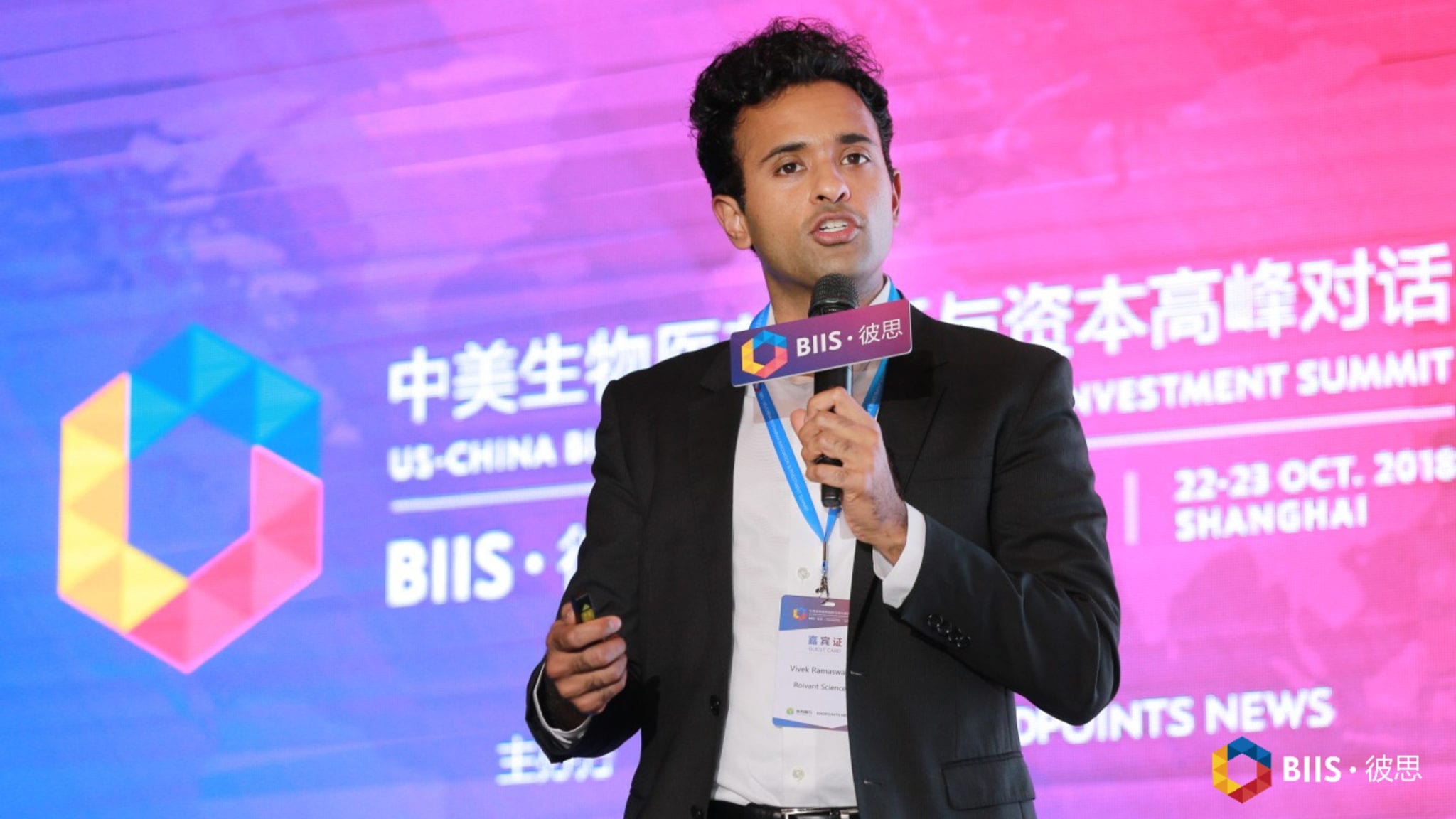
Vivek Ramaswamy ramps up biotech startup #14 — this time working on a gene therapy for sickle cell disease and β-thalassemia
Vivek Ramaswamy’s Roivant Sciences has nabbed its latest clinical-stage program for biotech startup #14 — Aruvant — and this time they’re going up against a couple of the leaders in the gene therapy world.
Their new drug is now dubbed RVT-1801, and it has a familiar profile, inserting a modified fetal hemoglobin gene into autologous stem cells through a lentiviral vehicle in order to treat sickle cell disease and β-thalassemia.
Unlock this article instantly by becoming a free subscriber.
You’ll get access to free articles each month, plus you can customize what newsletters get delivered to your inbox each week, including breaking news.